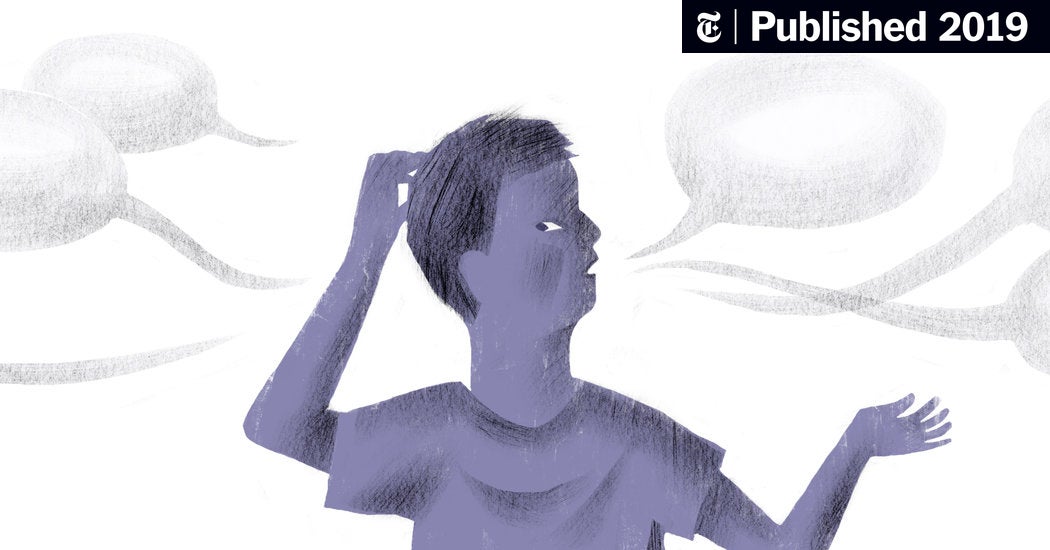My Teen Lied to Me. Was I Right to Ground Him?
[For more on family relationships, sign up for the Well Family newsletter.]
Going forward, you have two goals. You want your son to think twice before pulling a stunt like this again, and you want to rebuild a trusting, positive relationship with him. You’ve probably covered the first one by taking away his privileges and leveling the potent threat that he won’t get his license on time if there’s a repeat performance.
As for the second goal, do not despair that you are raising a reckless ingrate who cares little about the impact of his behavior on you and your relationship with him. Teenagers, by their nature, are of two minds. They make poor decisions in situations that are socially charged (such as when they desperately want to go to a party) or emotionally loaded (such as when they fear they might be in trouble).
Their reasoning improves when they are calm and centered. When you both have clear heads, take the lead in repairing the relationship. To begin, you might clarify that grounding him comes from a loving place.
“Look,” you might say, “I’ve got you on a short leash because what you did showed really poor decision making. Obviously, you won’t be grounded forever, and obviously, I don’t have the power to stop you if you really want to go out. But your safety means everything to me and it depends on your good judgment. When you act responsibly, you can have lots of freedom; when you act irresponsibly, it’s my job to keep you close to home for a while.”
Whether in the same conversation or at a later time, consider adding, “I don’t think you were trying to hurt me or our relationship. I think you just really wanted to go to that party and did what you needed to do to get there. I can see the situation from your perspective, even though I strongly disagree with what you did. It would help me feel better about the whole thing if you could see it from my perspective, too. What do you think went through my mind that night?”
We want to have good relationships with our teenagers because we love them, and also because strong ties to adults help young people to thrive. Healthy relationships do not require that we get along all the time. In fact, some of the most growth-giving interactions we will have with our children occur when we repair a relational rupture. There is an old saying that once a fracture has healed, a bone is strongest at the point of the break. Though scientists maintain this is only briefly the case, it can be a valid metaphor for our connections to our teenagers.
This column does not constitute medical advice and is not a substitute for professional mental health advice, diagnosis or treatment. If you have concerns about your child’s well-being, consult a physician or mental health professional.
The founders of Grown and Flown, Lisa Heffernan and Mary Dell Harrington, are the authors of a new book, “Grown & Flown: How to Support Your Teen, Stay Close as a Family and Raise Independent Adults.”
Check out our Latest News and Follow us at Facebook
Original Source







